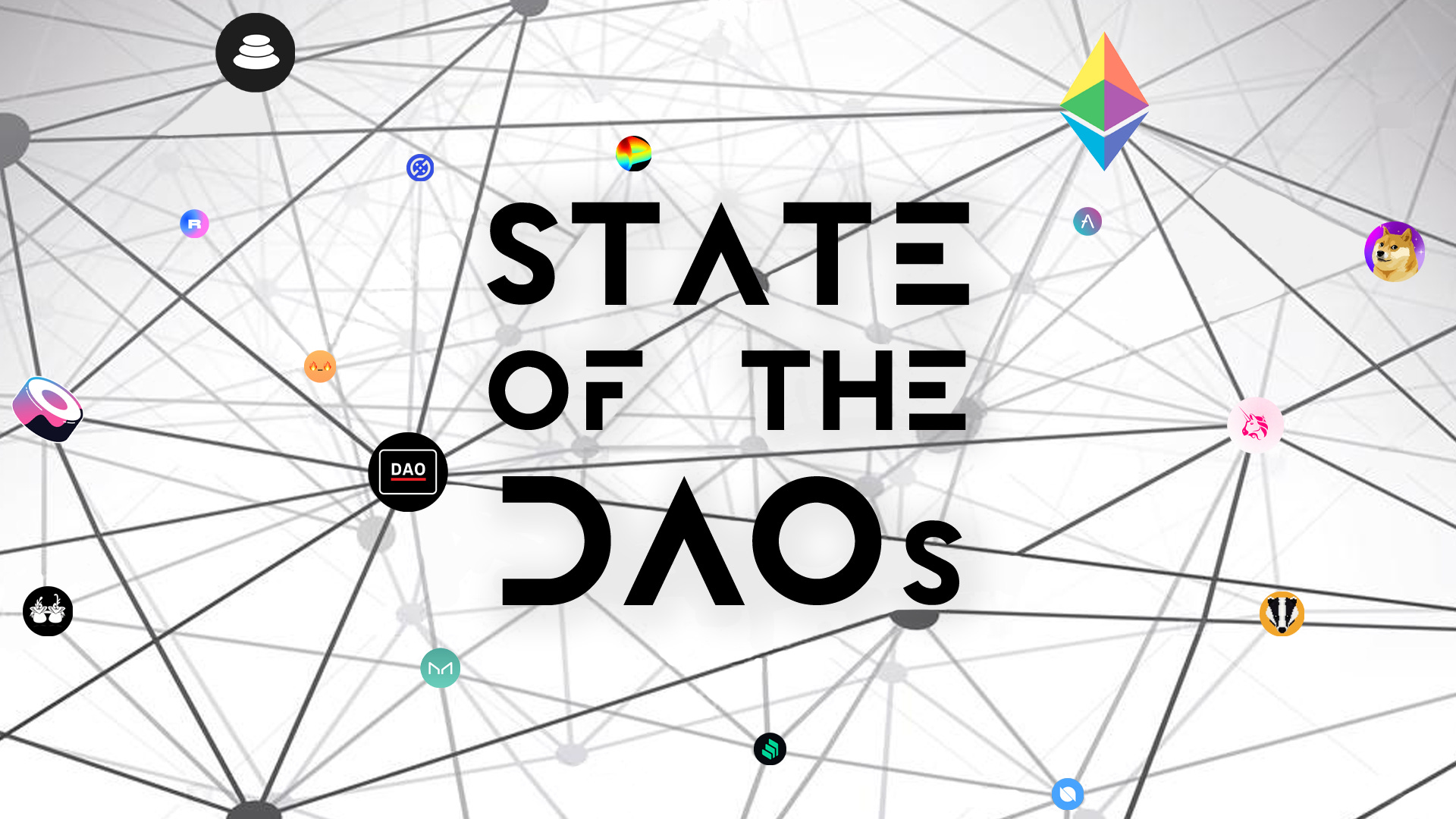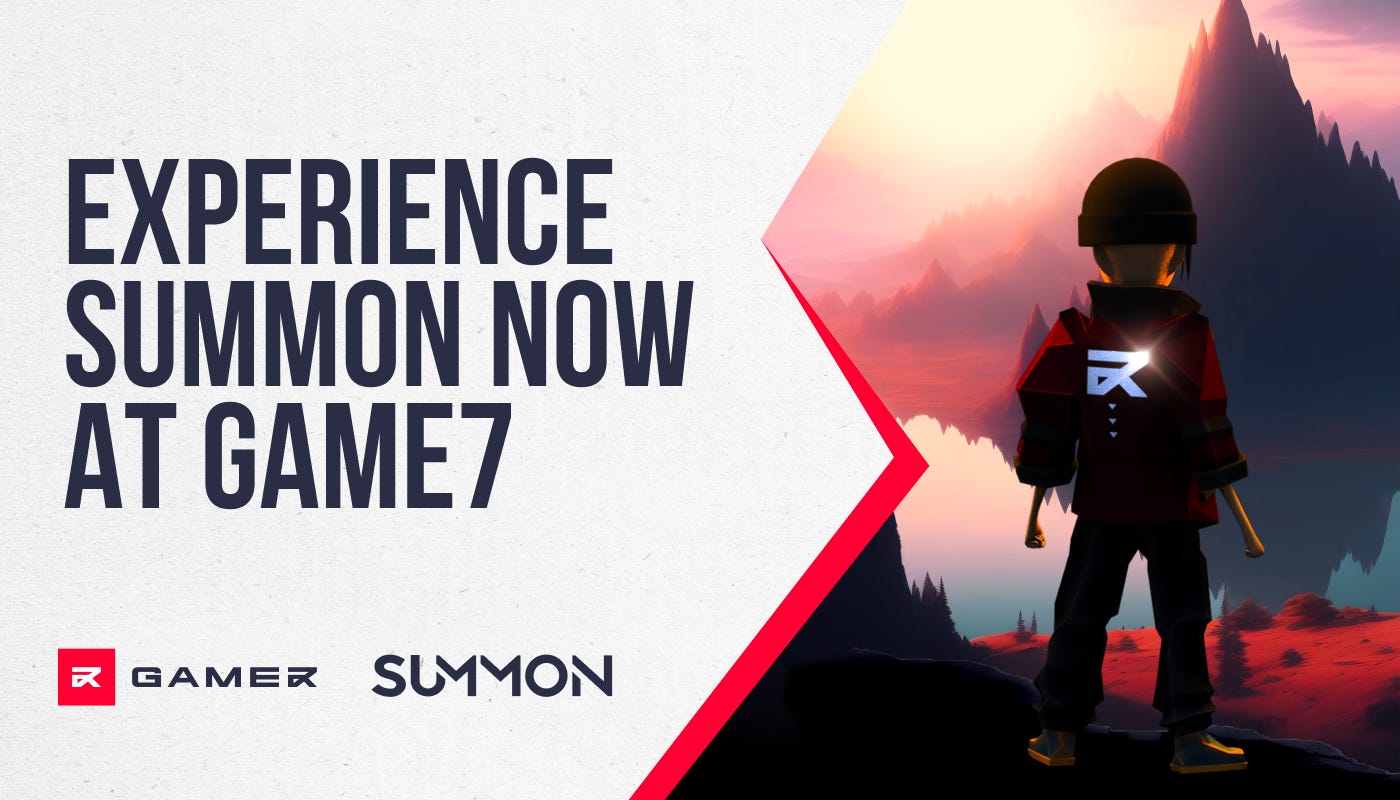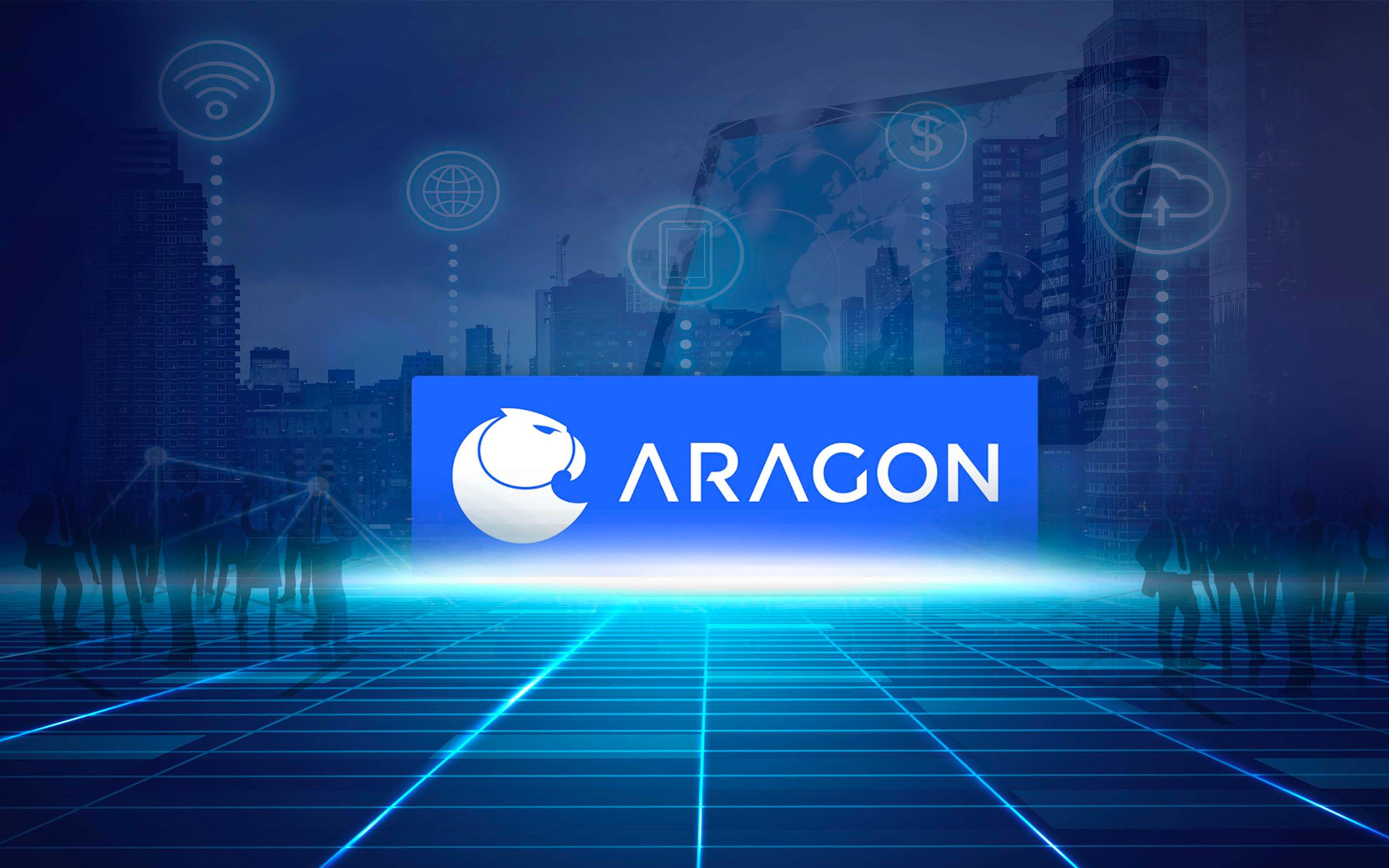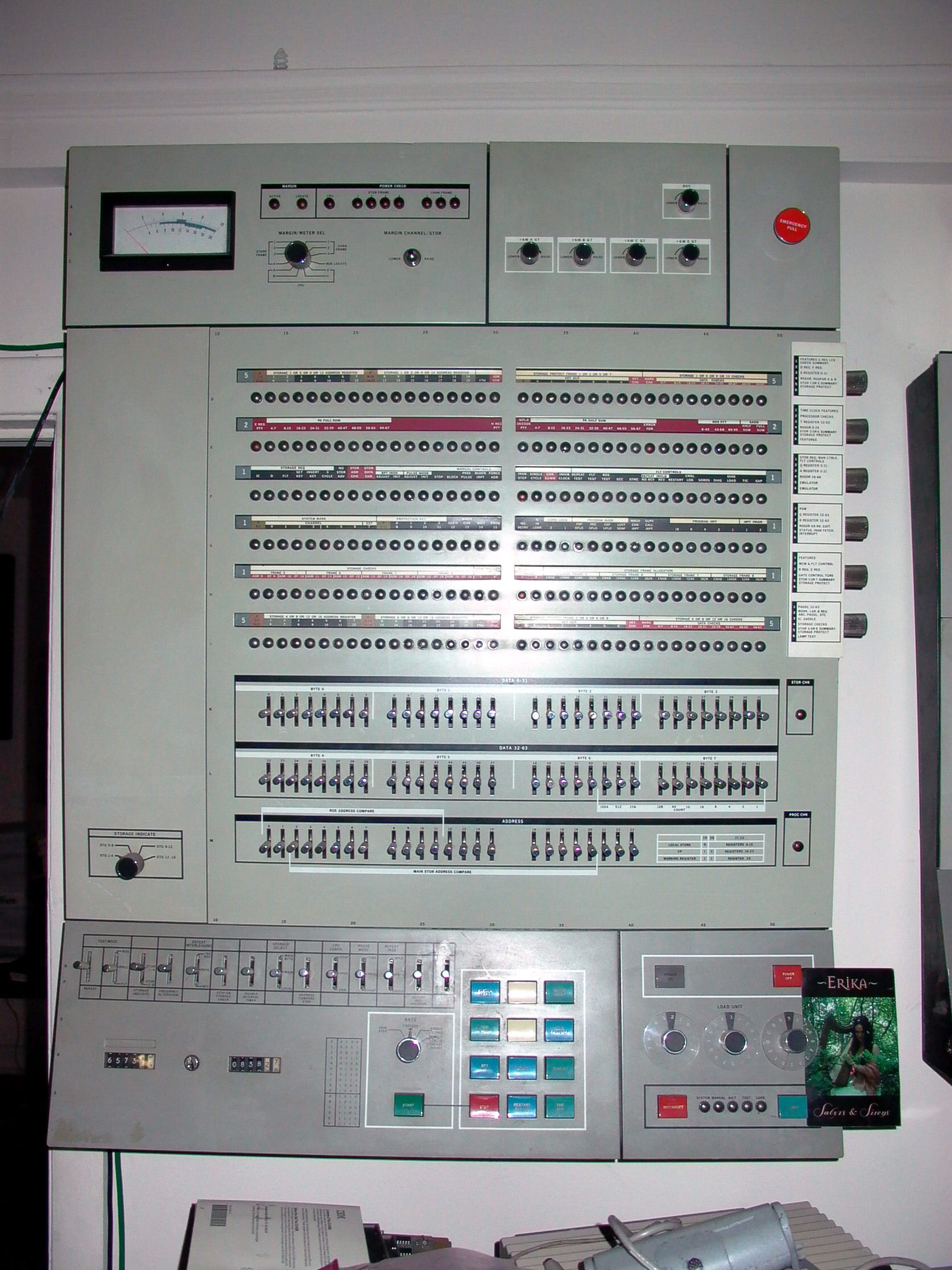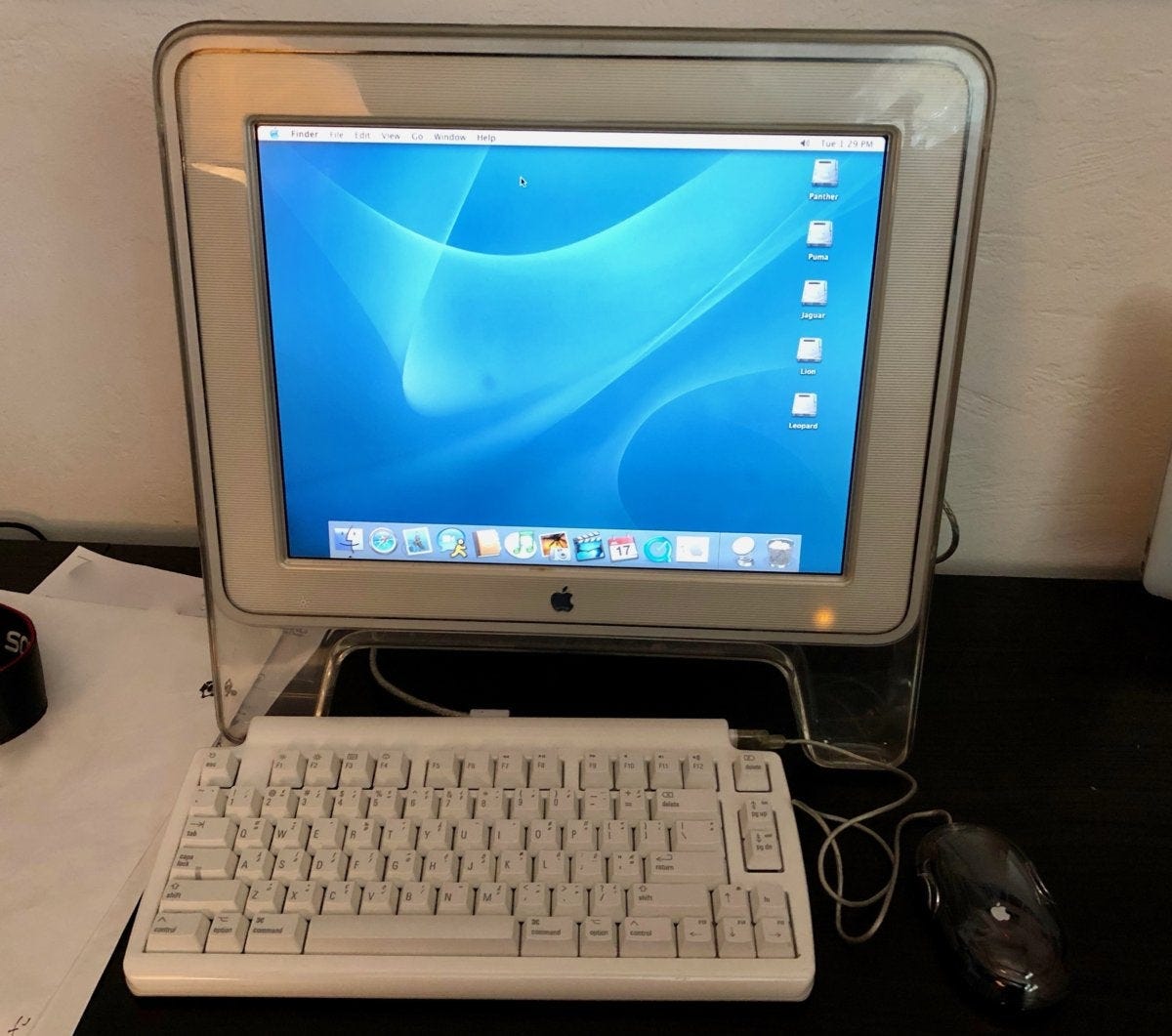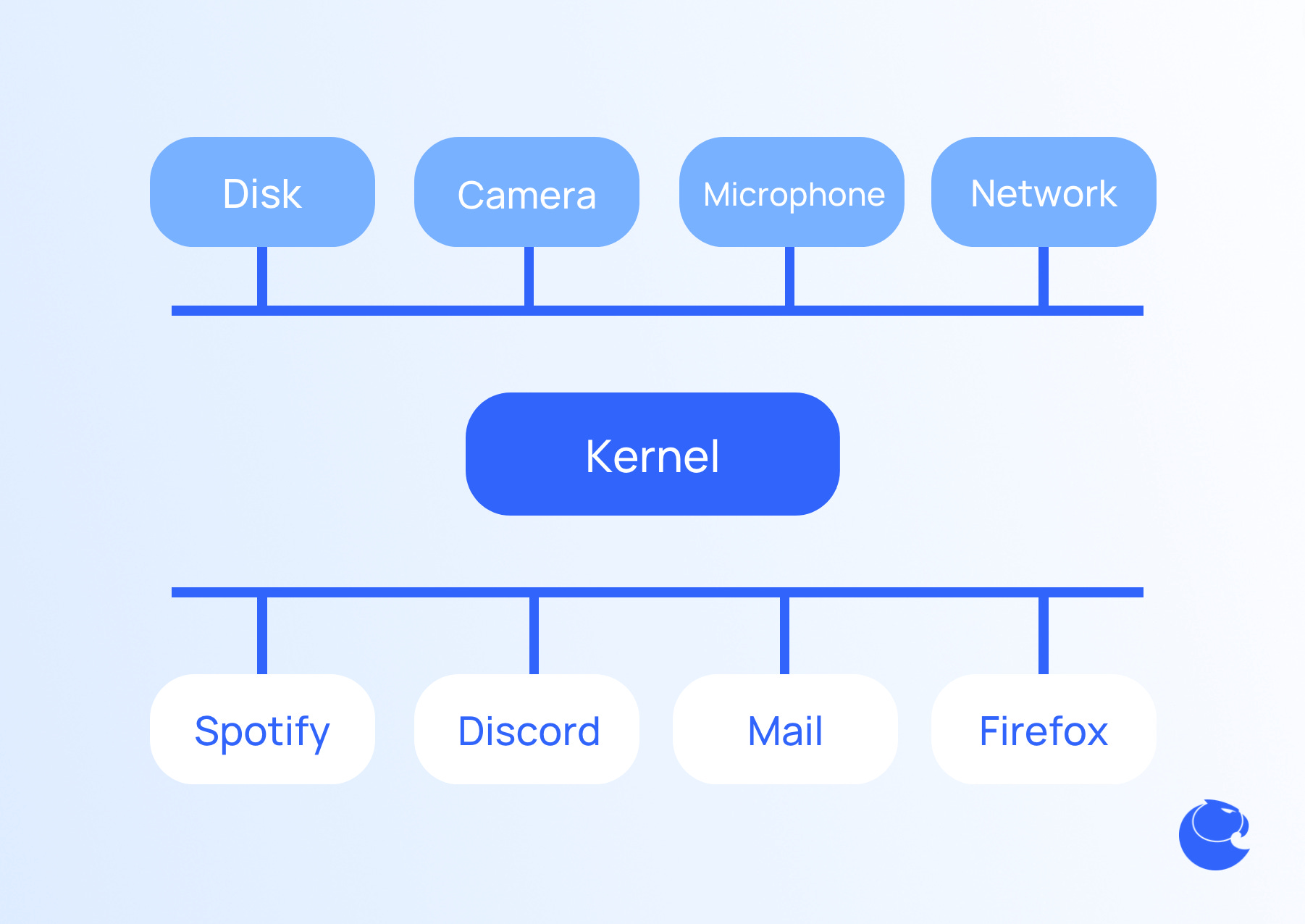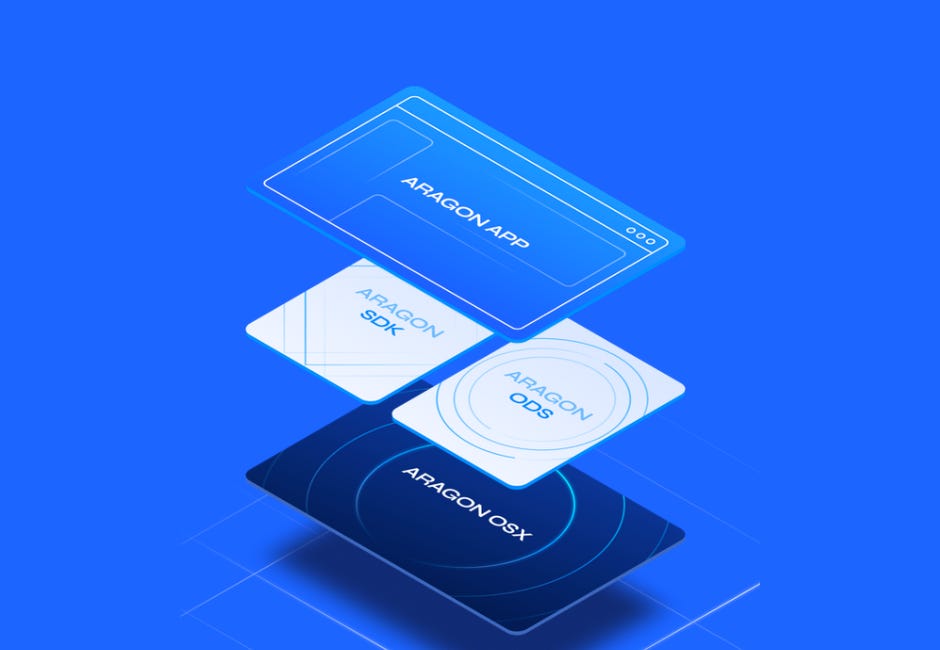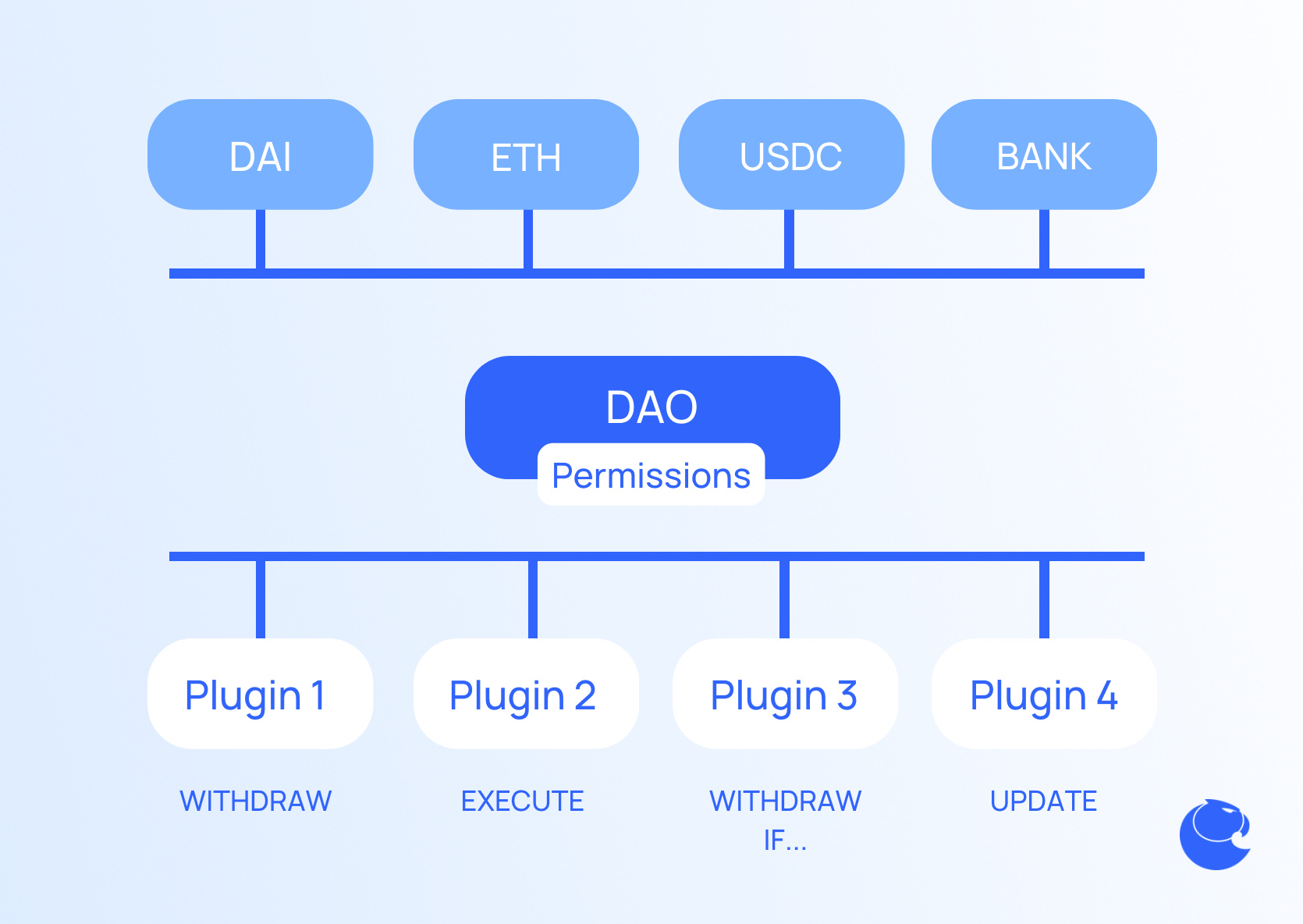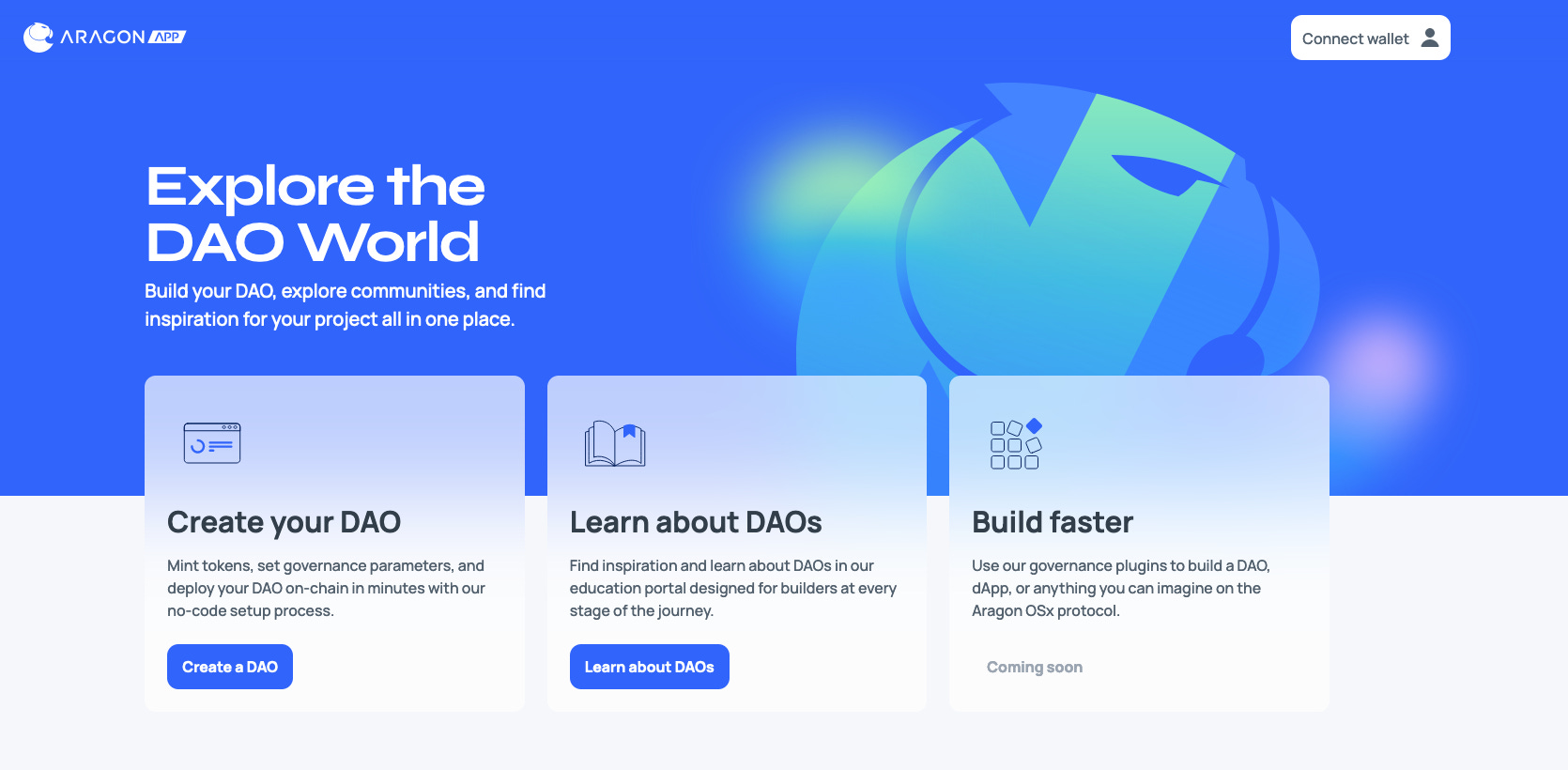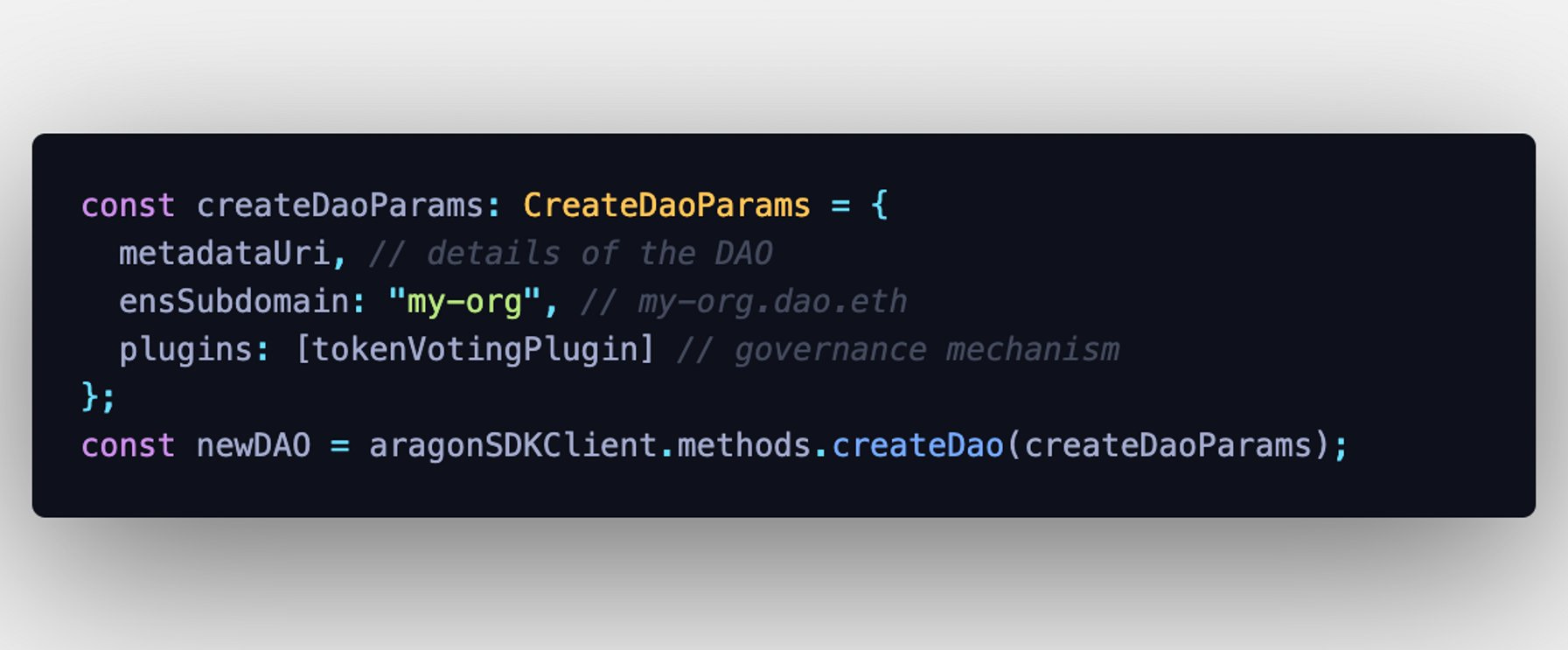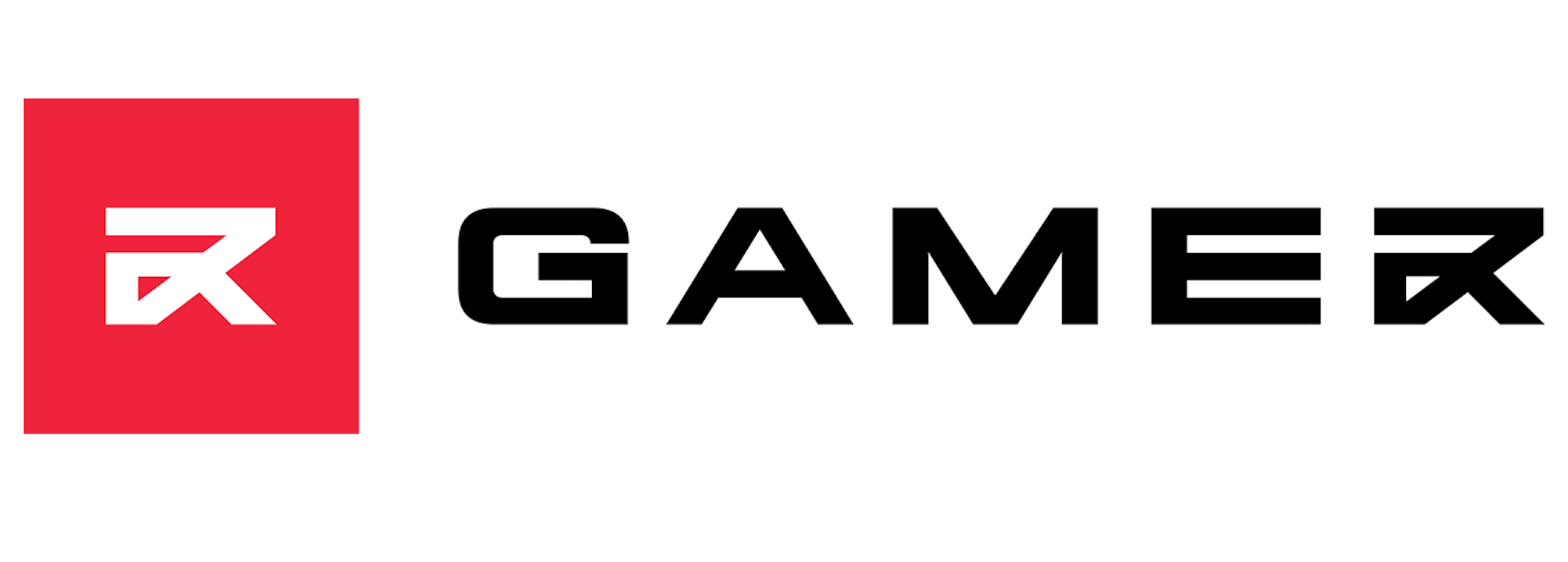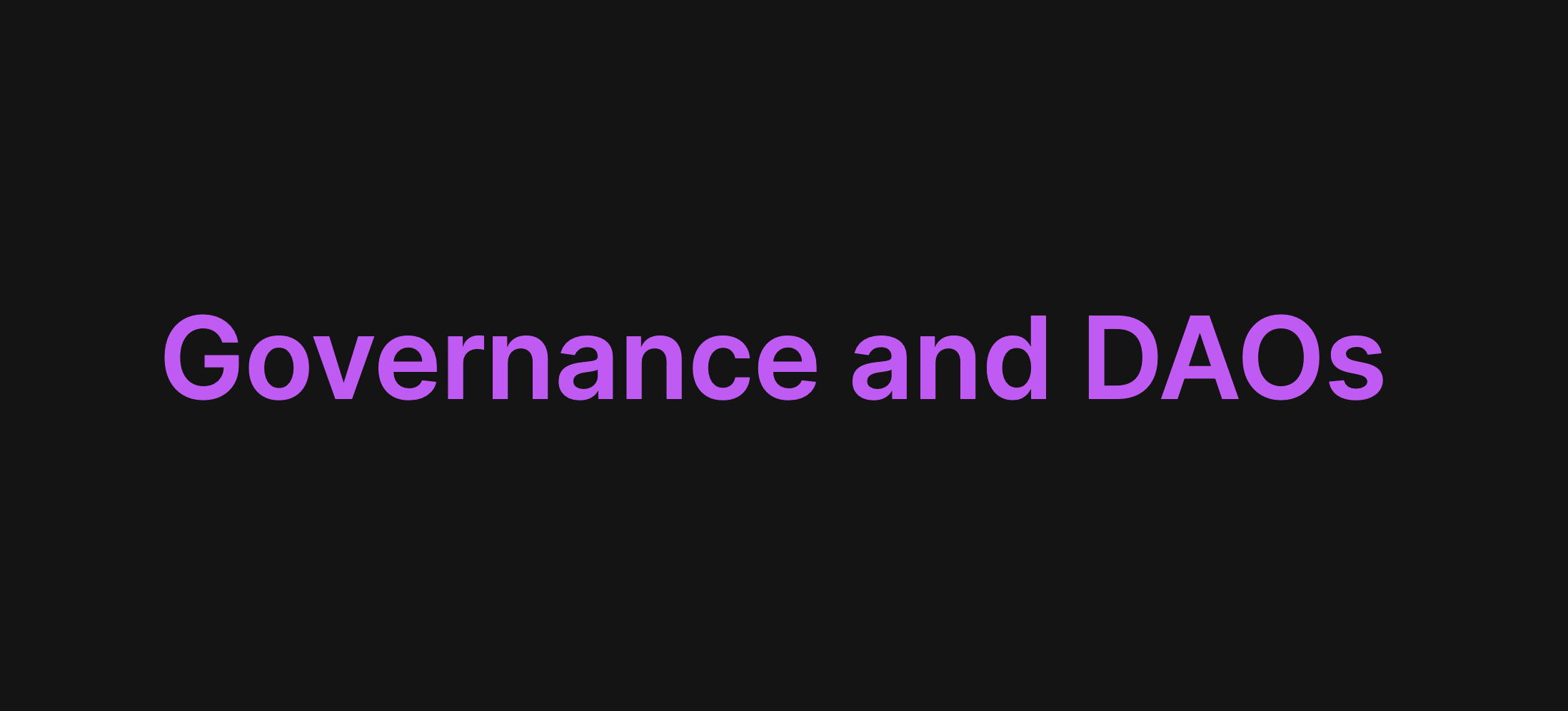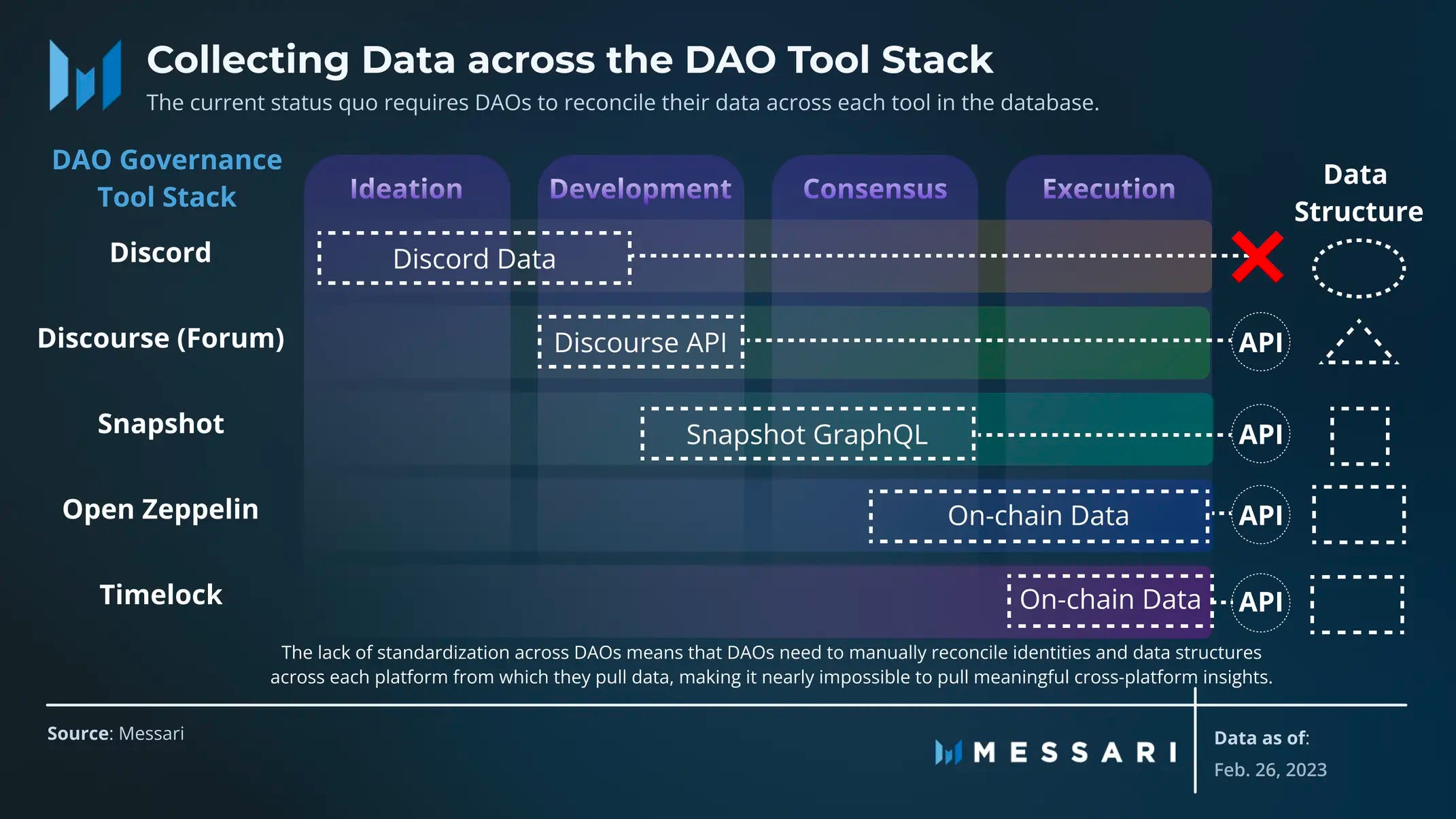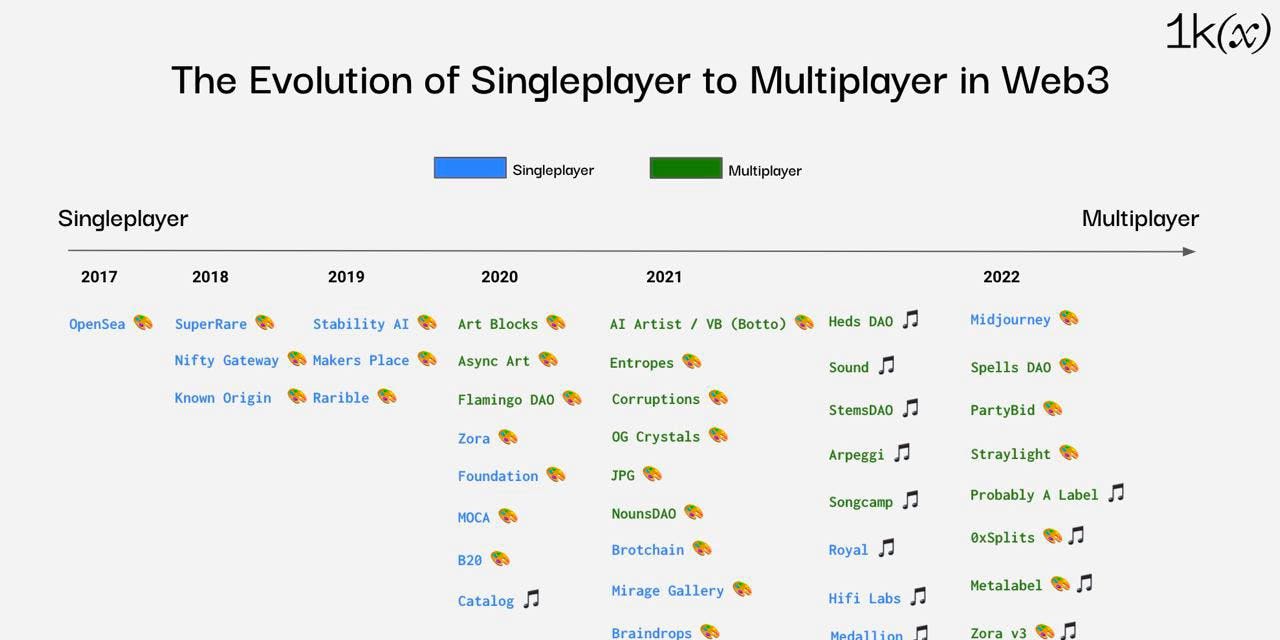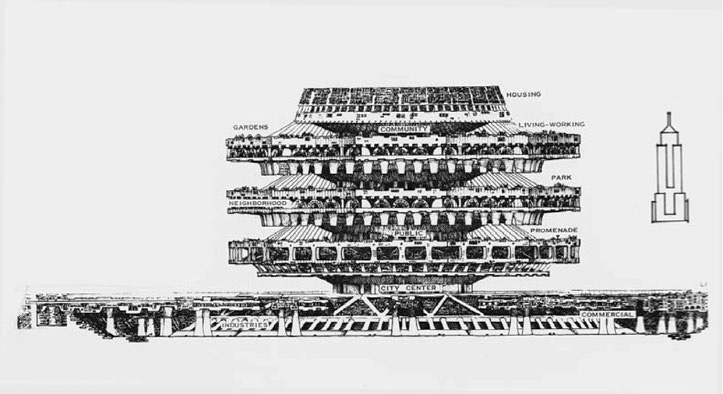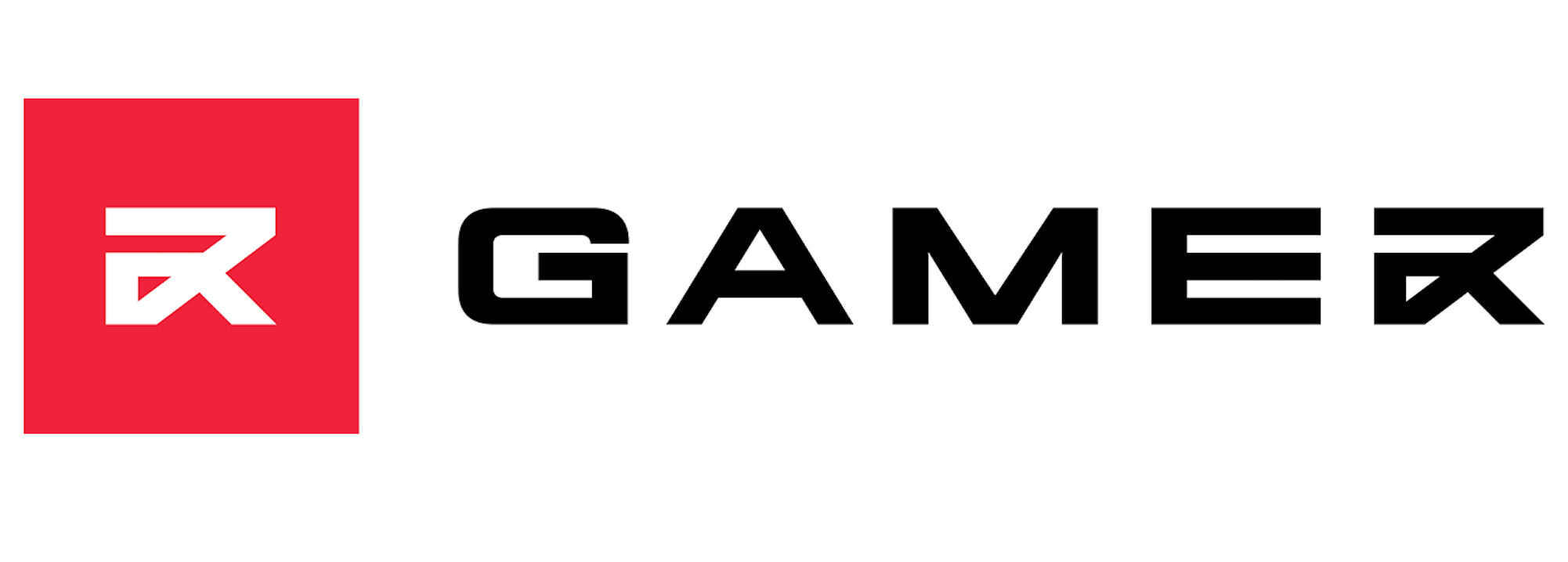Building Mutable Organizations on an Immutable Blockchain | State of the DAOs
Building Mutable Organizations on an Immutable Blockchain | State of the DAOsYou're reading State of the DAOs, the high-signal low-noise newsletter for understanding DAOs.State of the DAOs has been discussing DAO tooling since its inception in 2021, and nearly every issue has touched on it in some respect. Why? Because DAO tooling is one of the most challenging aspects of starting, running, and growing a DAO. If coordination is our goal, the tools we use are the means to get there. Many DAOs have relied on the incumbents to get work done, these tried and tested tools like Snapshot, Sesh, Coordinape, Collab-Land, and Safe. DAOs that do their work on chain tend to use AragonOS or Compound’s Governor Bravo with Boardroom, and some are trying other tooling by Commonwealth and others. Of course these tools have many upstart competitors, but the piecemeal approach to tooling, combined with the immutable nature of the blockchain, has made it so the DAO tooling conversation continues, in nearly every corner of the cryptoverse. Aragon is the OG DAO tooling platform, helping communities build together since late 2016. This year, they released what may be their most ambitious offering yet - AragonOSx. With this new release, Aragon is bringing flexibly to DAO governance and operations, but more importantly, a mindset that says DAOs work best when they are mutable - that is, when they can respond to changes within the DAO and the ecosystem. In this issue, Samantha Marin, a BanklessDAO alumni and an emerging leader at Aragon, provides us with the details of this new DAO OS. As she writes "No one can predict what the organizations of the future will look like. So, Aragon has built a completely free and open-source tech stack that anyone in the world can leverage to build their organizations. With the powerful and modular OSx, you can build anything you can imagine! And the simple, no-code front end makes it easy to launch a DAO and start experimenting with governance at the speed of software.” Whoa. As always, we conclude this issue with a TL;DR on some of the most recent DAO ecosystem takes and thought pieces, making it easy for you to cut through the noise and learn everything you need to know about the current state of the DAOs. Contributors: BanklessDAO Writers Guild (Samantha Marin, Warrior, KingIBK, Quilia, Vi-Fi, Tonytad, Kornekt, Trewkat, HiroKennelly, siddhearta) This is the official newsletter of BanklessDAO. To unsubscribe, edit your settings. 🙏Thanks to our SponsorGame7 DAOGame7 is excited to launch Summon, our novel DAO governance platform. Summon is a community LiveOps tool that takes governance to the next level by making it easy for DAOs to measure the contributions of their members, and reward them in ways that go beyond money. How it works: Each community member mints a Soulbound NFT that evolves as the member contributes to the community, making the NFT upgradeable and unique. As each contributor completes quests and tasks, they earn experience points (XP), which help them move up in rank and unlock features and rewards in real time. By tracking, measuring, and rewarding contributions, Summon provides decision-making capabilities to those who invest time and effort into the community, as opposed to only those who contribute capital. The result is a meritocratic governance model that distributes power and governing rights to the most productive members of the community. 👉 Sign up to the Game7 waitlist to experience Summon 👉 Follow Summon on Twitter Building Mutable Organizations on an Immutable BlockchainHow Aragon OSx Took Inspiration From The Early Operating Systems That Revolutionized ComputersAuthor: Samantha Marin The blockchain is immutable — you can’t change the past state of anything within it. You can add new entries to the blockchain by signing transactions but you can’t change old entries. Although this makes DAOs more resilient and transparent, it can be a problem, because they can’t easily change. Like the blockchain, these digital organizations have traditionally ended up being immutable. Until now. Historically, if you deploy a token-voting DAO on the blockchain, say through an original AragonOS contract or Governor Bravo, you can’t change your mind later and decide to go to allowlist wallet voting, NFT voting, delegated voting, or a new governance model that hasn’t been discovered yet. You’re stuck with what you started with, unless you migrate to an entirely new contract, which is risky, cumbersome, and time-consuming. Depending on the setup of your DAO, it might even be impossible to migrate and evolve! But if there’s anything we’ve learned in the past seven years of DAO evolution, it’s that organizations must be able to adapt and change. If organizations can’t experiment and evolve, they will fail. Aragon set out to solve this problem by powering every DAO with an evolving permission management system. But before we get into that, let's talk about operating systems. What’s an Operating System?An operating system is what makes your computer run. Mac OS, for example, is the operating system that all Mac computers use. The operating system acts as the intermediary between the hardware and software of your computer. It operates as a permission management system, essentially allowing programs (apps you install on your computer) to run by granting permissions to them. You can have multiple apps on your computer at once, and when you don’t need an app anymore, you uninstall it. This feels completely normal to us today, but we’ve come a long way. In the early days of computers, each program was the entire system. You couldn’t run multiple programs at once. Computers were built with a single program in mind. There was no way to install a new app or program — you had to reprogram your entire system to do so. Not to mention that these computers were the size of refrigerators and not very practical.
Qualities of computers in the 1970s:
A New Paradigm in Operating Systems: Linux, Mac OS, and WindowsThen came operating systems like Linux, Mac OS, and Windows. These were revolutionary because of their adaptability. You don’t need to update the entire system to make a change: you simply update the app.
A modern operating system works like this: there is a trusted kernel at the center with unrestricted resource access to tools like the camera, microphone, screen, and disk. The kernel is the central component of the operating system and has full control of hardware systems. Then, there are several untrusted programs that request access to the shared resource. A program might be Google Chrome, the Mail app, Discord, or any other application you install on your computer. Every app you install needs permission from the operating system to function, and, depending on the permissions you have set up, it succeeds or fails. In short: operating systems manage permissions to untrusted apps. For example, when you install Discord, you need to give it permission to access your camera and microphone. However, you can choose to block access to these tools. With an operating system at the core, there’s no need to reinstall the entire OS to make one update in an app. You simply update the app itself. This was revolutionary for the development of more advanced applications. Without operating systems, we wouldn’t be able to do anything that we can with computers today. The DAO Frameworks on Blockchains Operated Like Early ComputersBlockchains are a paradigm shift in so many ways. But the original DAO frameworks on top of them operates much like those refrigerator-sized computers of the 60s and 70s. To edit a set of smart contracts you’ve deployed on the blockchain, you need to reinstall that entire deployment. This makes development slow, opens up security risks, and makes developing smart contracts very high stakes. Redeploying a contract whenever it needs an update is also expensive, because you need to pay gas fees every time you add a new state into the blockchain. DAO frameworks on blockchains today:
The Problem: Organizations Struggle To Adapt on an Immutable BlockchainDAOs struggle to adapt because they need to update their on-chain deployment every time a major change — like altering their governance structure — is made. Let’s go through Aragon’s approach to building OSx and the entire stack on top. The Solution: Build an Operating System For DAOsWhen building OSx, Aragon took the approach of trusted kernel plus plugins — just like the operating system that revolutionized the computer. The plugin is a smart contract external to the DAO that can do things on behalf of the DAO only when permissions are granted. The DAO vault, or treasury holding all of the DAO’s assets, is the trusted kernel at the center. For plugins to interact with those assets — such as to withdraw, swap, or stake — they need to be granted permission. The plugins can be untrusted, meaning it doesn’t matter who builds them or what they contain. This is because the plugins aren’t baked into the DAO itself with full permissions to the vault; they’re external to the DAO’s vault, just like applications are external to a computer’s operating system. This means the plugins can also be “unplugged,” or have permission revoked. This is similar to uninstalling an app on your computer. Every DAO is a permission management system at its center, managing how the vault, which can contain assets or other information, is accessed. This permission management system is what grants and revokes permission to the external plugins. The Aragon OSx protocol was built with the UNIX philosophy in mind: small, composable building blocks that can be rearranged into many different types of organizations. DAOs will mix and match plugins to build any type of logic their DAO needs. In the image below, you can see the assets in the DAO’s treasury, like ETH and DAI. A layer of permissions separates those assets from the plugins below, which need to request access from the DAO to interact. So, in order for the “withdraw” function to execute, it needs to go through the permission layer. Developers can choose how they want to design their plugins. The plugins can be upgradeable, making it easy to change and install new versions. Or, they can be immutable, so they’re not changeable later on. Much like the apps you use on your computer and phone, developers are in control of how they design plugins. Aragon is providing the operating system and the basic functions DAOs need to operate, but builders like you are expanding applications and functionality on top! Oracles: Permission Filters to Bring More Precision to Permission ManagementWe can take DAO permission management one step forward with oracles, which are like permission filters. An oracle “talks” to the blockchain to give it information from the outside world. For example, a blockchain can’t know what the price of gold is. So if you wanted to tokenize gold on-chain, you would need an oracle to constantly tell your contract what the price of gold is. DAOs can use oracles to make their permission management more specific. For example, a DAO might want to grant permission to swap tokens on the Uniswap plugin, but only if the transaction is under $5,000 in value. The DAO would use an oracle to add logic to the plugin, basically customizing it to the DAO’s unique needs. Oracles could become a key part of many plugins in the future. How to Access the Power of Aragon OSxThere are a few ways to tap into the power of Aragon OSx for your DAO. Aragon has built a tool for every type of builder. For No-code Builders: Aragon AppAragon App: the no-code front end to Aragon OSx. Build a DAO in minutes without writing a line of code. The Aragon App is built with user experience first. For Engineers: Aragon OSxAragon OSx: You can build a fully custom DAO with Aragon OSx by installing the plugins you need, and even creating your own! Aragon OSx includes an SDK, allowing you to deploy a custom DAO with just a few lines of code. You can use Javascript, so no need to be a Solidity engineer to use the SDK. The Aragon SDK is framework agnostic and we’ll be launching clients for other programming languages in the future. Check out the developer portal to get started. Enabling Organizations We Can’t Yet Imagine TodayNo one can predict what the organizations of the future will look like. So, Aragon has built a completely free and open-source tech stack that anyone in the world can leverage to build their organizations. With the powerful and modular OSx, you can build anything you can imagine! And the simple, no-code front end makes it easy to launch a DAO and start experimenting with governance at the speed of software. We don’t have the answers, you do. We create tools to help you build the new forms of organization and coordination the world so desperately needs. We can't wait to continue building better, together. Start building your DAO and claim your dao.eth subdomain on the Aragon App today! Or, stay in touch by subscribing to our weekly newsletter and following us on Twitter and Lens. Samantha is the Content Editor for the Aragon Growth Guild and the writer of the Quorum newsletter. She got her start in web3 in the Writers Guild at BanklessDAO. Actions Steps📖 Read Updating the DAO Operating System | State of the DAOs ⛏️ Dig into DAOs, DACs, and On-chain Org Design: A DAC Manifesto | 0xJustice DAO Spotlight: Game7 DAOGame7 is a community formed to accelerate the adoption of Web3 gaming through crowdsourcing, to create public goods that can be owned by many. It’s a home for those who seek to influence, shape and build a better gaming industry, where the interests of developers and players are aligned. Communities are formed through shared missions, experiences and support. Game7 operates much like a collaborative game. A member’s actions and contributions are measured to unlock influence. Game7 prioritizes steady growth over short-term profit, enabling teams to maintain focus on building and real impact. The DAO aims to invest its treasury in infrastructure building, tool acquisition, development of the community, and gaming. The community actively supports open-source software. They created a grants program to fund open-source software development; a way to encourage builders to focus on building without having to worry about funding (or anything other than building). Game7 does not expect financial returns as this is their way of supporting public goods. Organizing global events so people can connect and collaborate is very important to Game7. The events could range from academic conferences to annual summits and pop-up online events conducted both digitally and in real life. Game7 recently launched Summon, a tool that allows DAOs to measure the contributions of members and reward them in ways that go beyond money: status, rewards, influence, power. Summon intends to provide a contemporary solution to modern DAO governance by progressively rewarding those who contribute. Summon is a meritocratic governance model and it can integrate with any existing management tool stack. Visit their waitlist and click “Join Now” to sign up for the Game7 community prototype. Game7 believes everyone has something unique to offer. You can join by organizing initiatives, collaborating with like minded individuals, and building products that benefit everyone. Join the Game7 community by visiting their Twitter and Discord. Ecosystem Takes
Governance and DAOsAuthor: Polynya 🔑 Insights: There are inconsistencies about whether DAOs or the traditional models serve the goal of decentralization or public ownership better. It is not impossible for traditional organizations, such as cooperatives, to use blockchain and smart contract technologies to become more efficient. This questions the necessity for creating DAOs.
Regardless of the experimentations with the different DAO models to improve democratization of ownership, a DAO is still in need of a functioning and efficient organizational structure. Solving The DAO Data ProblemAuthor: Traver Normandi 🔑 Insights: Identity and decentralized social graphs enable DAOs to improve their data and workflows. New on-chain tools are helping DAOs collect detailed data beyond the range of web2 organizations and current DAO tools.
Multiplayer Creation: Unlocking Participatory MediaAuthor: 1kx.eth 🔑 Insights: Working in isolation while trying to satisfy the artistic needs of an audience has been the norm for creators. But with the emergence of web3, they can have a community participate in the creative process by connecting with individuals that align with their values, sourcing ideas within the community, and obtaining constructive feedback that could guide future projects.
Multiplayer creation tools can transform a consumer into a creator and increase the quality of art released as it encapsulates the creativity of different individuals — turning on-chain interactions into a form of self-expression. HyperstructuresAuthor: jacob 🔑 Insights: Hyperstructures are crypto protocols that can run for free and forever, without maintenance, interruption, or intermediaries. They are free, unstoppable, permissionless, expansive, valuable, and credibly neutral. Builders and participants are also rewarded for creating and contributing to a Hyperstructure that serves society for many years.
Progressive De/Centralization: A Playbook for Building Decentralized ApplicationsAuthor: kydo 🔑 Insights: Progressive decentralization is becoming increasingly popular in the crypto industry, though concerns have been raised about its efficacy. This playbook introduces a set of actions that builders can use to promote decentralization without directly breaching legal standards.
🙏 Thanks to our Sponsor
|
Older messages
Greedy Paws & NFT Project Migrations | Decentralized Arts
Tuesday, March 28, 2023
Dear Bankless Nation, As NFT projects grow, community leads must consider the viability of the spaces in which they operate. Do the platforms they use support the utility they aim to create, the people
Collab.racadabra! | BanklessDAO Weekly Rollup
Saturday, March 25, 2023
Catch Up With What Happened This Week in BanklessDAO
Silicon Valley Bank and DeFi; The Rise of GMX
Thursday, March 23, 2023
The Fall of Silicon Valley Bank; DeFi has a "Come to Jesus" Moment; The Rise of GMX; The Wormhole hacker gets Jumped
Peaks and Valleys | Bankless Publishing Recap
Thursday, March 23, 2023
Top-shelf Educational Web3 Content Shipped Directly to Your Inbox
Raindance, Polygon & Salesforce, and the FDIC | Decentralized Arts
Tuesday, March 21, 2023
Dear Bankless Nation, We're running a little light this week: our primary contributor, kaf, is on holiday. One potential benefit to working in web3 is the freedom to take time off as needed or
You Might Also Like
FBI confirms North Korea-backed Lazarus hackers stole $1.5 billion from Bybit
Thursday, February 27, 2025
FBI tracks Ethereum laundering spree by North Korean hackers amid rising threat of cyber warfare in the crypto world. ͏ ͏ ͏ ͏ ͏ ͏ ͏ ͏ ͏ ͏ ͏ ͏ ͏ ͏ ͏ ͏ ͏ ͏ ͏ ͏ ͏ ͏ ͏ ͏ ͏ ͏ ͏ ͏ ͏ ͏ ͏ ͏ ͏ ͏ ͏ ͏ ͏ ͏ ͏ ͏ ͏ ͏
Interview with MicroStrategy Founder Michael Saylor: The Company Holding the Most Bitcoin in the World
Thursday, February 27, 2025
In this interview, Colin from WuBlockchain had an in-depth discussion with MicroStrategy founder Michael Saylor about the company's ongoing Bitcoin acquisition strategy, the growing adoption of
Abu Dhabi Invests $436.9M In Bitcoin ETF
Thursday, February 27, 2025
February 17th, 2025 Sign Up Your Weekly Update On All Things Crypto TL;DR Abu Dhabi Invests $436.9M In Bitcoin ETF Changpeng Zhao Sparks Meme Coin Rumours Coinbase Finally Lists POPCAT & PENGU
📈 BTC’s realised price (average acquisition price) reached an all-time high of $43,000; State of Wisconsin Invest…
Thursday, February 27, 2025
BTC's realised price reached an all-time high of $43000; Abu Dhabi's Mubadala Investment disclosed its BTC ETF holdings; South Korea to allow universities and charities to sell crypto donations
HashKey Exchange's Interpretation of the Hong Kong SFC Virtual Asset Roadmap
Thursday, February 27, 2025
We are pleased to see the Hong Kong government release the forward-looking and pragmatic “ASPI-Re” roadmap for advancing the virtual asset industry. ͏ ͏ ͏ ͏ ͏ ͏ ͏ ͏ ͏ ͏ ͏ ͏ ͏ ͏ ͏ ͏ ͏ ͏ ͏ ͏ ͏ ͏ ͏ ͏ ͏ ͏
Argentina’s stock market plummets amid President Javier Milei’s LIBRA memecoin scandal
Thursday, February 27, 2025
Argentina's economic landscape shaken as Milei's LIBRA endorsement turns into multi-billion dollar fiasco. ͏ ͏ ͏ ͏ ͏ ͏ ͏ ͏ ͏ ͏ ͏ ͏ ͏ ͏ ͏ ͏ ͏ ͏ ͏ ͏ ͏ ͏ ͏ ͏ ͏ ͏ ͏ ͏ ͏ ͏ ͏ ͏ ͏ ͏ ͏ ͏ ͏ ͏ ͏ ͏ ͏ ͏ ͏
Heated AMA Debate: 0G Team Responds to Allegations of CFX Soft Rug, Overvaluation, and Token Commitment Concerns
Thursday, February 27, 2025
This AMA primarily focused on the relationship between Conflux and 0G Labs, discussing 0G Labs' high valuation, fundraising structure, technical direction, and community concerns over transparency.
Pectra: Ethereum’s Next Major Upgrade
Thursday, February 27, 2025
Breaking down key changes included in Ethereum's Pectra hard-fork ͏ ͏ ͏ ͏ ͏ ͏ ͏ ͏ ͏ ͏ ͏ ͏ ͏ ͏ ͏ ͏ ͏ ͏ ͏ ͏ ͏ ͏ ͏ ͏ ͏ ͏ ͏ ͏ ͏ ͏ ͏ ͏ ͏ ͏ ͏ ͏ ͏ ͏ ͏ ͏ ͏ ͏ ͏ ͏ ͏ ͏ ͏ ͏ ͏ ͏ ͏ ͏ ͏ ͏ ͏ ͏ ͏ ͏ ͏ ͏ ͏ ͏ ͏ ͏ ͏ ͏
Solana falls to lowest price since November 2024 losing 43% since January
Thursday, February 27, 2025
Volatility reigns as Solana's price retreat tests its resilience against past support levels. ͏ ͏ ͏ ͏ ͏ ͏ ͏ ͏ ͏ ͏ ͏ ͏ ͏ ͏ ͏ ͏ ͏ ͏ ͏ ͏ ͏ ͏ ͏ ͏ ͏ ͏ ͏ ͏ ͏ ͏ ͏ ͏ ͏ ͏ ͏ ͏ ͏ ͏ ͏ ͏ ͏ ͏ ͏ ͏ ͏ ͏ ͏ ͏ ͏ ͏ ͏ ͏
Five Projects with Real-World Revenue Scenarios Utiling Token Empowerment
Thursday, February 27, 2025
Memecoin once captured significant attention and investment with its unique culture, humorous image, and community-driven characteristics. ͏ ͏ ͏ ͏ ͏ ͏ ͏ ͏ ͏ ͏ ͏ ͏ ͏ ͏ ͏ ͏ ͏ ͏ ͏ ͏ ͏ ͏ ͏ ͏ ͏ ͏ ͏ ͏ ͏ ͏ ͏
